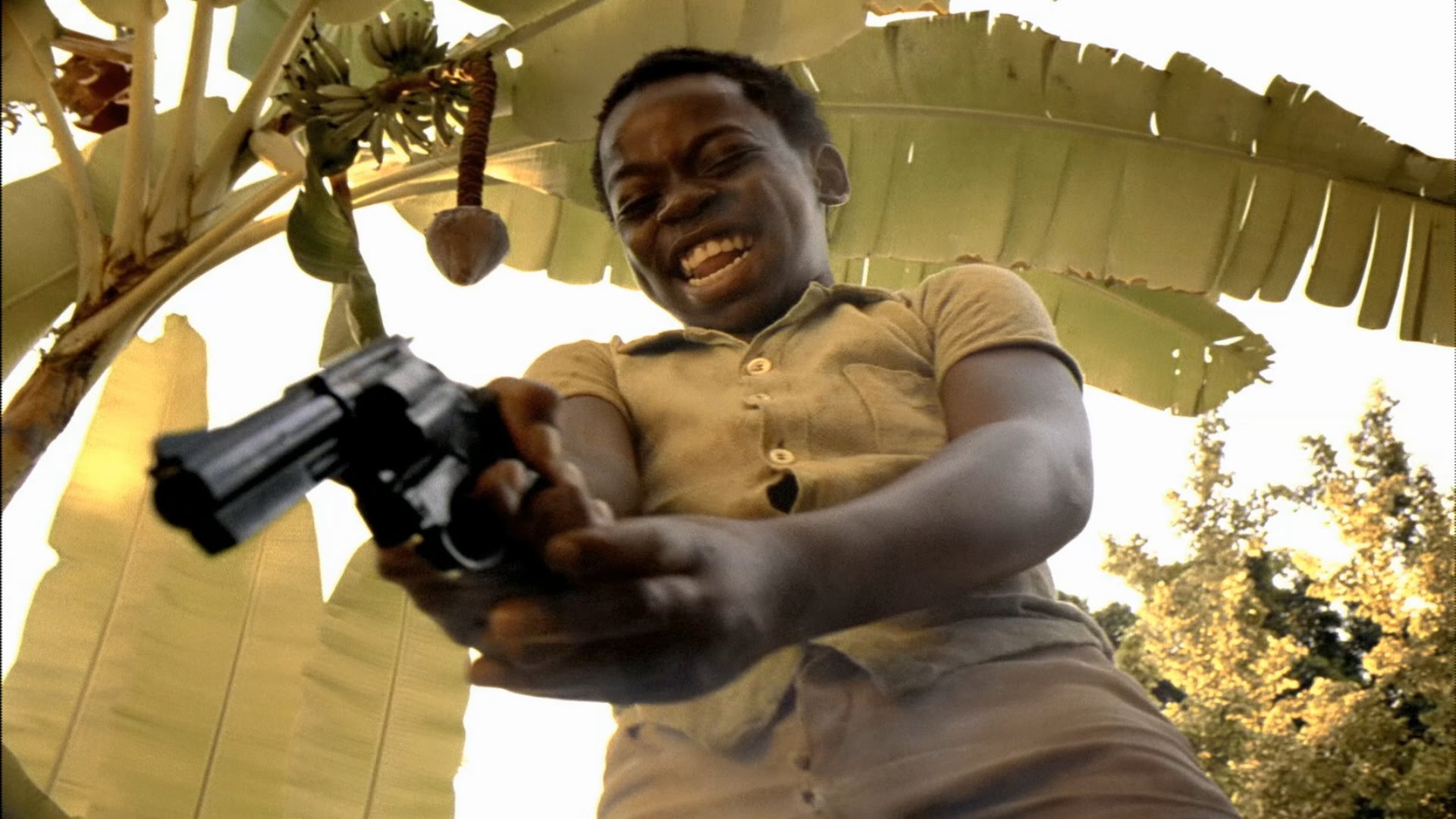
The one-hit wonder is one of the most fascinating things in music: an artist who is remembered for their lone hit. Just like music artists, the one-hit wonder is a reality for film directors. While many directors, like Alfred Hitchcock, Steven Spielberg, Martin Scorsese, and John Ford are known for their impressive filmographies filled with critical and commercial successes, there are many directors who are known for having one film that was a critical and commercial success mixed in with a number of misfires in one or both respects.
Other directors are known for one film that has received great praise from audiences and critics alike retrospectively but missed out on the acclaim and success when it was first released. What follows is a list of 15 directors remembered positively for just one film, ranked on the overall impressiveness of their lone “hit”.
1. Charles Laughton – The Night of the Hunter (1955)
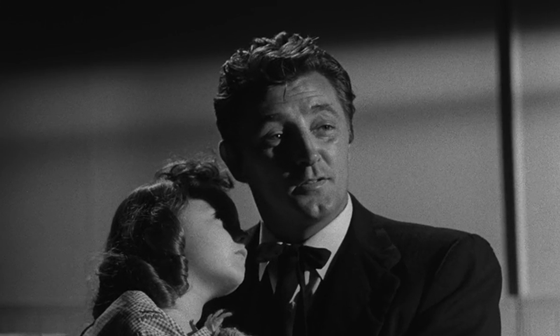
No list of film one-hit wonders would be complete without the inclusion of celebrated actor Charles Laughton’s lone directorial effort, The Night of the Hunter (1955). One of the most haunting films of all time, The Night of the Hunter follows two children as they desperately try to escape the pursuit of minister/serial killer Harry Powell, who desires $10,000 that the children’s deceased father hid.
Starring Robert Mitchum as the bone-chilling Reverend Powell, the film failed to attract much attention from critics and fans alike when it was first released. While Laughton was acknowledged as a director with great potential, the experimental and unconventional nature of the film’s development and tone was often criticized.
Today, the film’s unorthodox presentation is praised, and the film is considered by many film critics and scholars as one of the finest masterpieces of American cinema. Present-day audiences also have shown deep appreciation for the film’s pacing, the terrifying Rev. Powell, and the film’s ability to engage the audience in its entirety.
2. Tony Kaye – American History X (1998)
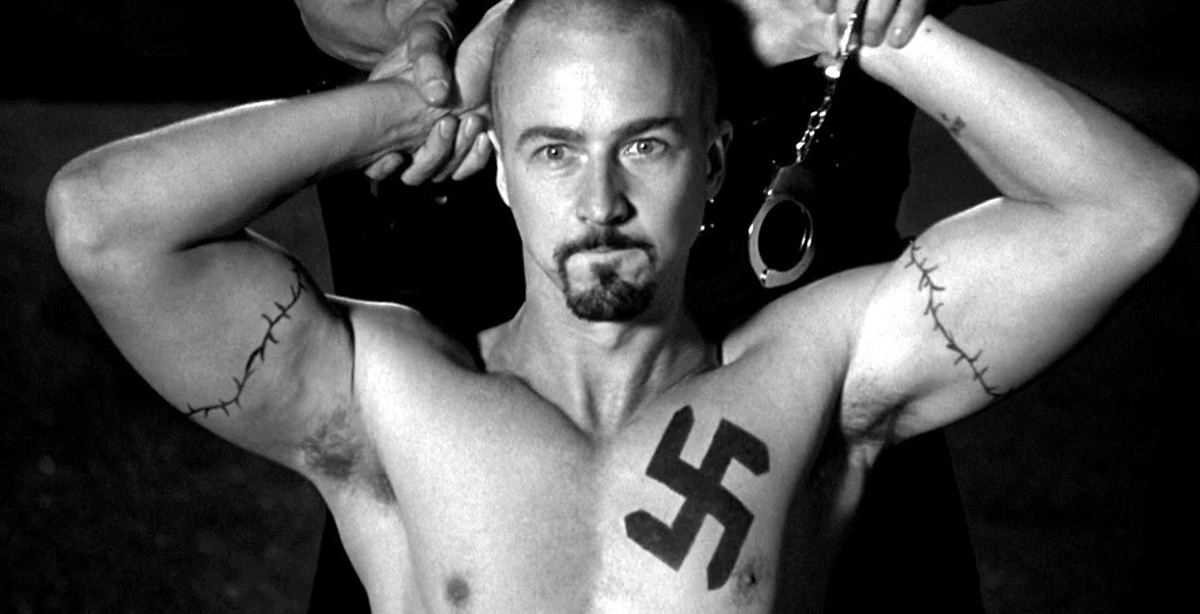
Tony Kaye made a lot of waves in 1998 when he released his crime-drama American History X. Presented in a non-linear narrative, the film looks at Derek Vinyard (Edward Norton in an Oscar-nominated performance), a neo-Nazi in California who, after serving three years in prison for manslaughter, leaves prison a reformed man and strives to save his younger brother (Edward Furlong) from following the same destructive path.
Before the film’s release, Kaye entertained the idea of adopting the infamous pseudonym Alan Smithee, the name used in place of the director’s if the film has been disowned by its creator. The film was a critical hit upon release and Norton received overwhelming praise for his powerful (and at times difficult to watch) performance.
The film was also a minor box-office success and has since become a favorite amongst audiences. Kaye has directed two narrative features since 1998: Black Water Transit (2009) and Detachment (2011). Black Water Transit has had significant issues being released and Detachment was released to mixed reception.
Kaye has also completed one documentary film, Lake of Fire (2006), which took almost two decades to complete. Lake of Fire was well-received by critics but had a very insignificant international run at the box office.
3. Claude Lanzmann – Shoah (1985)
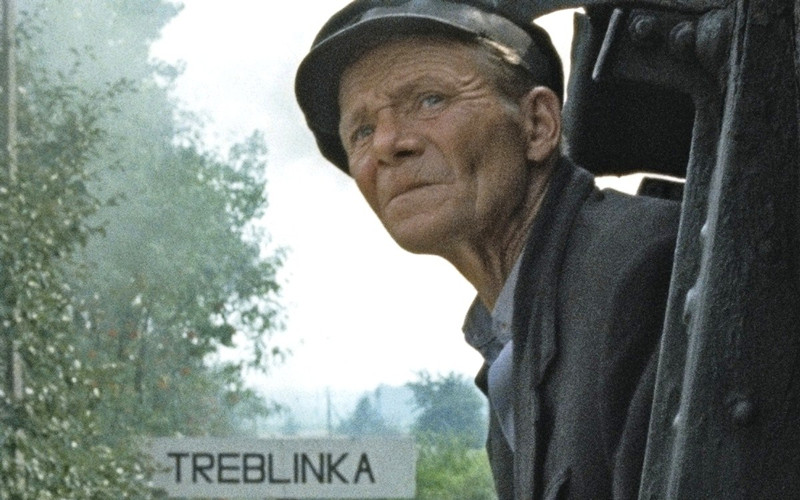
When Shoah (1985) was released, it was treated as one of the biggest cinematic events in film history. A documentary of epic proportions, it was shot over the course of a little more than a decade and wound up having a runtime over nine hours. It interviews survivors of the Holocaust, witnesses in Poland, and Nazi soldiers who operated the concentration camps.
The man behind this goliath project, Claude Lanzmann received unrivaled acclaim from critics at the time of its release and Shoah is today considered one of the greatest documentaries of all time, if not the greatest. Despite making several other documentaries specializing in the Holocaust, none of Lanzmann’s works have been able to capture anywhere near the acclaim that Shoah did.
4. Hugh Hudson – Chariots of Fire (1981)
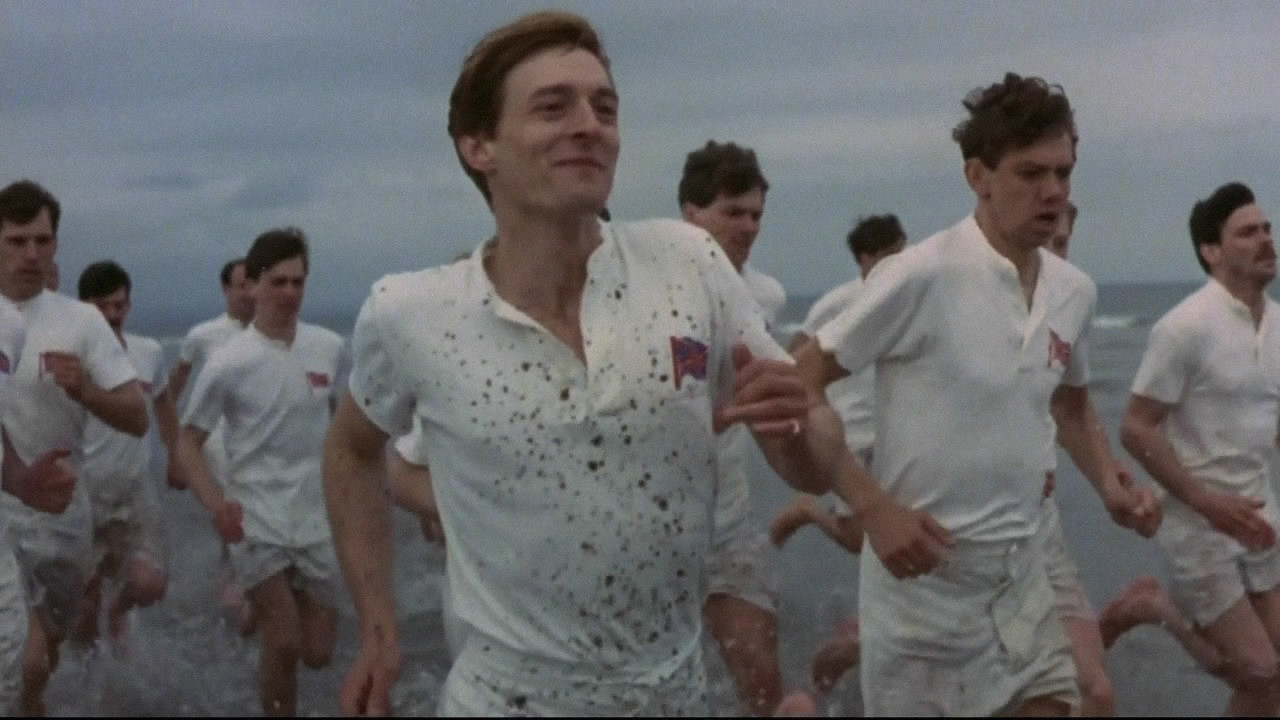
While his name may not be familiar to many, his one hit certainly is. Hudson directed Chariots of Fire (1981), winner of the Academy Award for Best Picture, along with three other Oscars. Also nominated for the Palme d’Or, the top prize at the Cannes Film Festival, Chariots of Fire is a historical sports film that tells the stories of two deeply religious athletes representing Great Britain at the 1924 Summer Olympics.
The film was a smash hit among critics and audiences alike at the time of its release, and its soundtrack was an international hit, becoming one of the most iconic film scores of all time. Hudson’s follow up film, Greystoke: The Legend of Tarzan, Lord of the Apes (1984) was a decent critical hit but performed underwhelmingly at the box office.
In the following thirty years, he directed a few films, most of which were both massive financial and critical failures. His most recent film, Altamira (2016), while receiving somewhat adequate critical acclaim, was an international flop.
5. Fernando Meirelles – City of God (2002)
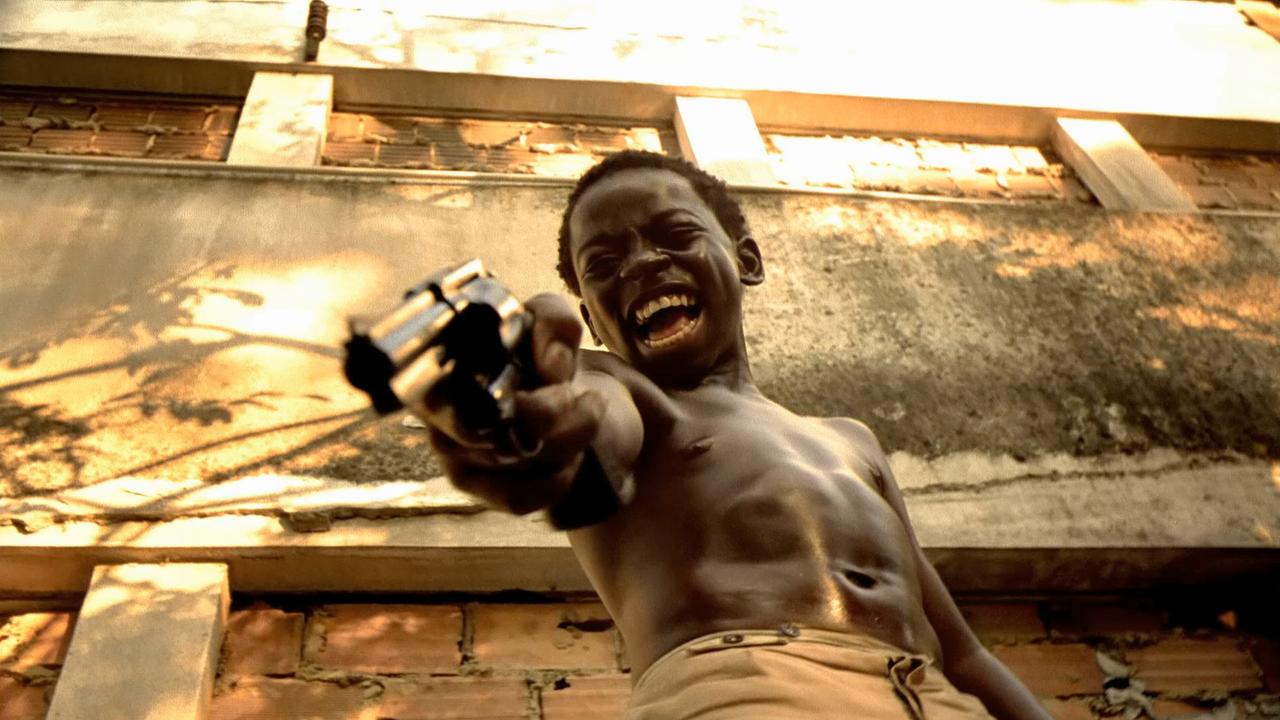
Along with Kátia Lund, Fernando Meirelles directed one of the finest films of the 21st century: City of God (2002). An immensely innovative Brazilian film, City of God shows the paths of two boys in Rio de Janeiro, one embraces the seedy and commanding criminal underworld that plagues the city to become its feared and ruthless king, while the other is an aspiring photographer who desires to get out more than anything.
A beautifully shot film with masterful editing and compelling storytelling, the film received universal acclaim at the time of its worldwide release. Made on a fairly small budget ($3 million), City of God was a box office hit across the globe.
Meirelles was nominated for Best Director Oscar and left Brazil to direct his next feature. That film would be the multi-nationally produced The Constant Gardener (2005). While the film opened to strong reviews and had a good run at the box office, retrospective reviews have been less friendly, especially when comparing the film to City of God. Perhaps Meirelles’ best acclaimed work in recent years was his contributions to the 2016 Summer Olympics in Rio, where he worked as a creative director.
6. Florian Henckel von Donnersmarck – The Lives of Others (2006)
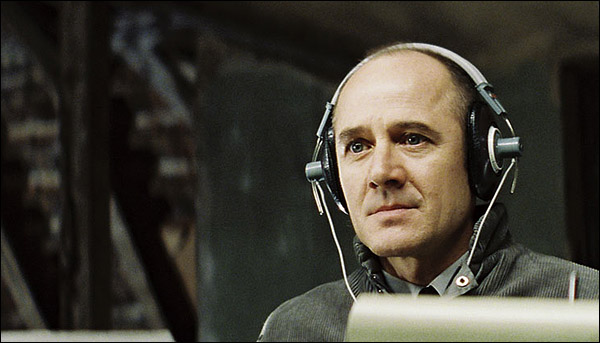
One of the most powerful feature film debuts, The Lives of Others (2006) took the world by storm when it was first released. Hailed for its filmmaking, intriguing story, and remarkable accuracy, the film is about an agent in East Germany who is ordered to conduct surveillance on a playwright and his lover, and he becomes increasingly involved and taken by their lives as time passes.
Made on an even smaller budget than this list’s previous entry ($2 million), The Lives of Others was an international box office hit, and eventually won awards from ceremonies all across the globe.
Its director, Florian Henckel von Donnersmarck, was treated as one of the most promising directors of world cinema, but he waited four years before releasing another film. That film was the Hollywood production The Tourist (2010), starring Johnny Depp and Angelina Jolie. Despite being a major box office hit, the film was hit with serious negative reviews, and von Donnersmarck has not directed another film since.
7. Marcel Camus – Black Orpheus (1959)
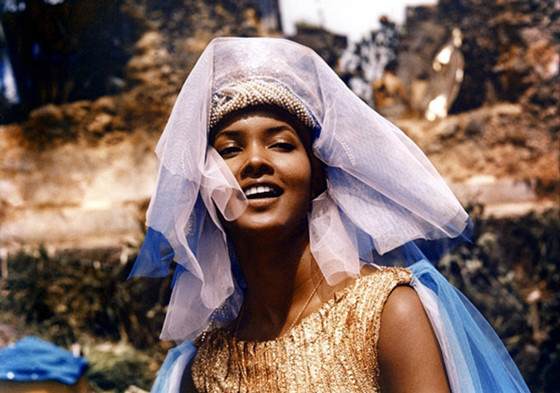
Prior to directing, Marcel Camus had the fortune of working with, among others, top-tier directors Jacques Becker and Luis Buñuel. When Camus made the move to directing from writing, he directed one of the true classics of world cinema: Black Orpheus (1959).
A retelling of the Greek romantic tragedy about Orpheus and Eurydice, Camus set the film and shot it in Brazil. Almost every aspect of the film set itself apart from the rest of 1959’s releases, a very impressive accomplishment since 1959 is often seen as one of the strongest individual years in film history.
The most notable aspects of the film are its amazing cinematography and its fascinating score. The film was a major critical success and global event at the time of its release, going on to win both the Oscar for Best Foreign Language Film and the coveted Palme d’Or.
But Camus was unable to capture the same essence of filmmaking in Black Orpheus with his subsequent filmmaking and spent the majority of his last years directing for television.